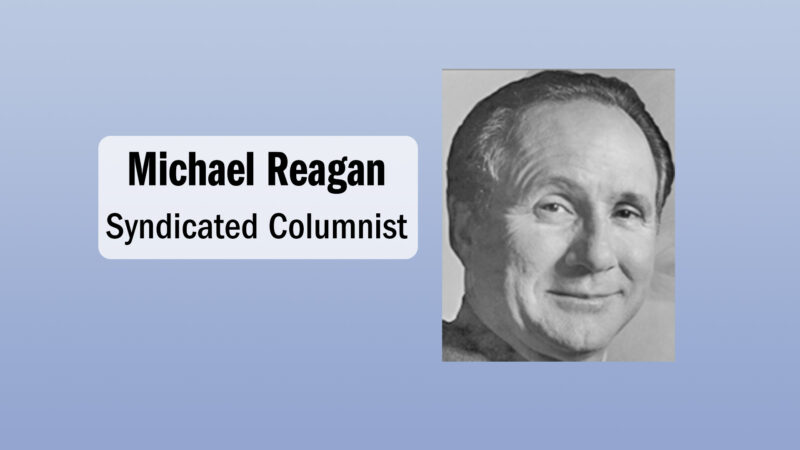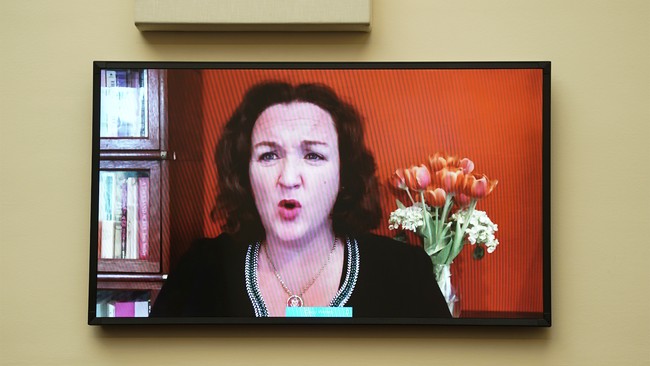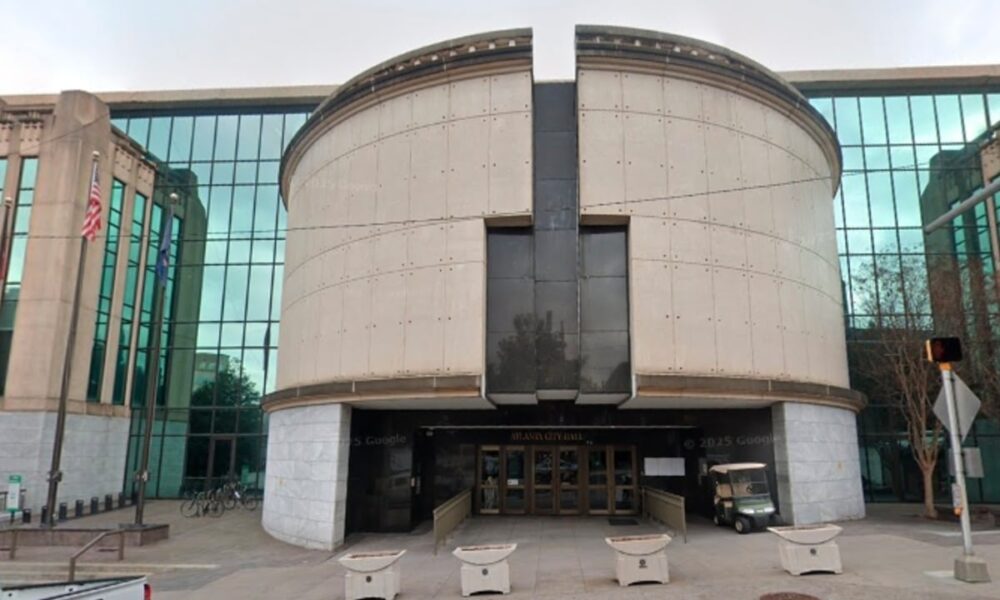The upcoming mayoral election in New York City is set to take a significant turn as polling suggests that Zohran Mamdani, a self-identified democratic socialist, is likely to defeat former Governor Andrew Cuomo on March 5, 2024. Mamdani, currently a New York State representative, has garnered attention not only for his political stance but also for his background as the son of an Indian Marxist scholar from Uganda.
Mamdani, 34, has faced criticism for his strong socialist beliefs and pro-Palestinian rhetoric, drawing scrutiny even from mainstream liberal media. As a dues-paying member of the Democratic Socialists of America (DSA), he aligns himself with a movement that advocates for a significant shift away from capitalism. The DSA, which boasts around 85,000 members, promotes anti-capitalist, anti-racist, and pro-worker policies aimed at replacing the current economic system with a more equitable framework.
The organization’s mission emphasizes the need to dismantle capitalism’s perceived injustices, including private profit, discrimination, and environmental degradation. Mamdani advocates for a system where working people govern the economy and society, ensuring universal access to essentials like food, housing, and healthcare. His supporters argue that this vision is necessary to address systemic inequalities.
Mamdani’s proposals include implementing broader rent controls, establishing a minimum wage of $30 per hour, and introducing free public transportation. He also seeks to reduce police presence in minority communities and expand funding for gender-affirming health care, positioning New York City as a sanctuary for LGBTQIA+ individuals.
While Mamdani’s critics express concern over his radical views, his defenders assert that he offers a refreshing perspective on governance. They argue that his approach prioritizes the needs of the many over the profits of the few. Yet, detractors warn that his policies echo historical attempts at socialism that have led to economic hardships in various countries.
The political landscape in New York City could shift dramatically should Mamdani secure victory. His rise reflects a growing trend among younger voters who resonate with his vision for a more equitable society. Critics, however, caution that this enthusiasm may overlook the historical failures associated with socialist policies in other parts of the world.
As the election date approaches, the implications of Mamdani’s potential win raise questions about the future direction of New York City. Voters are tasked with considering not only the allure of his progressive platform but also the economic realities that accompany such fundamental changes.
The outcome of this election could redefine New York’s political identity and influence similar movements across the United States. As 8 million residents prepare to cast their votes, the stakes are high for both candidates and the broader political discourse in the nation.







